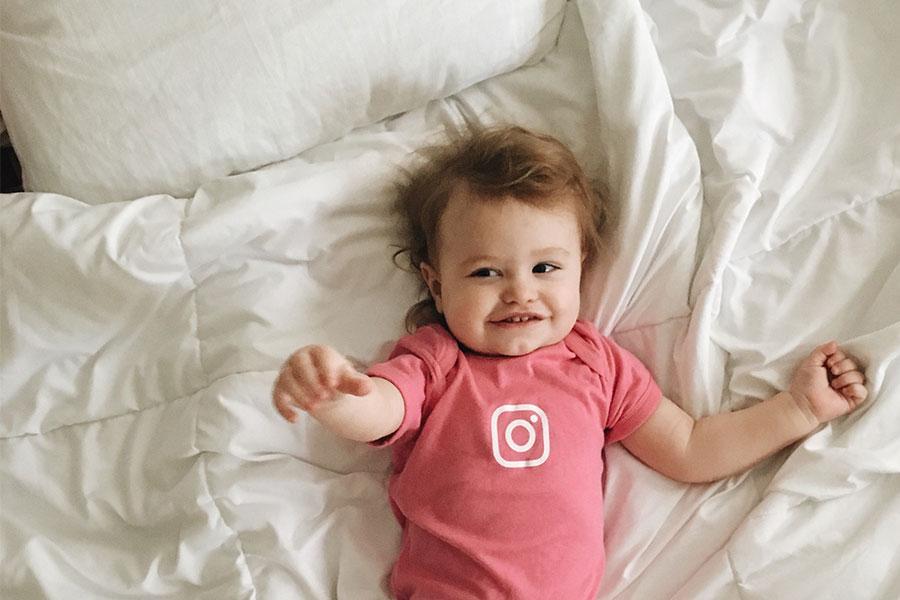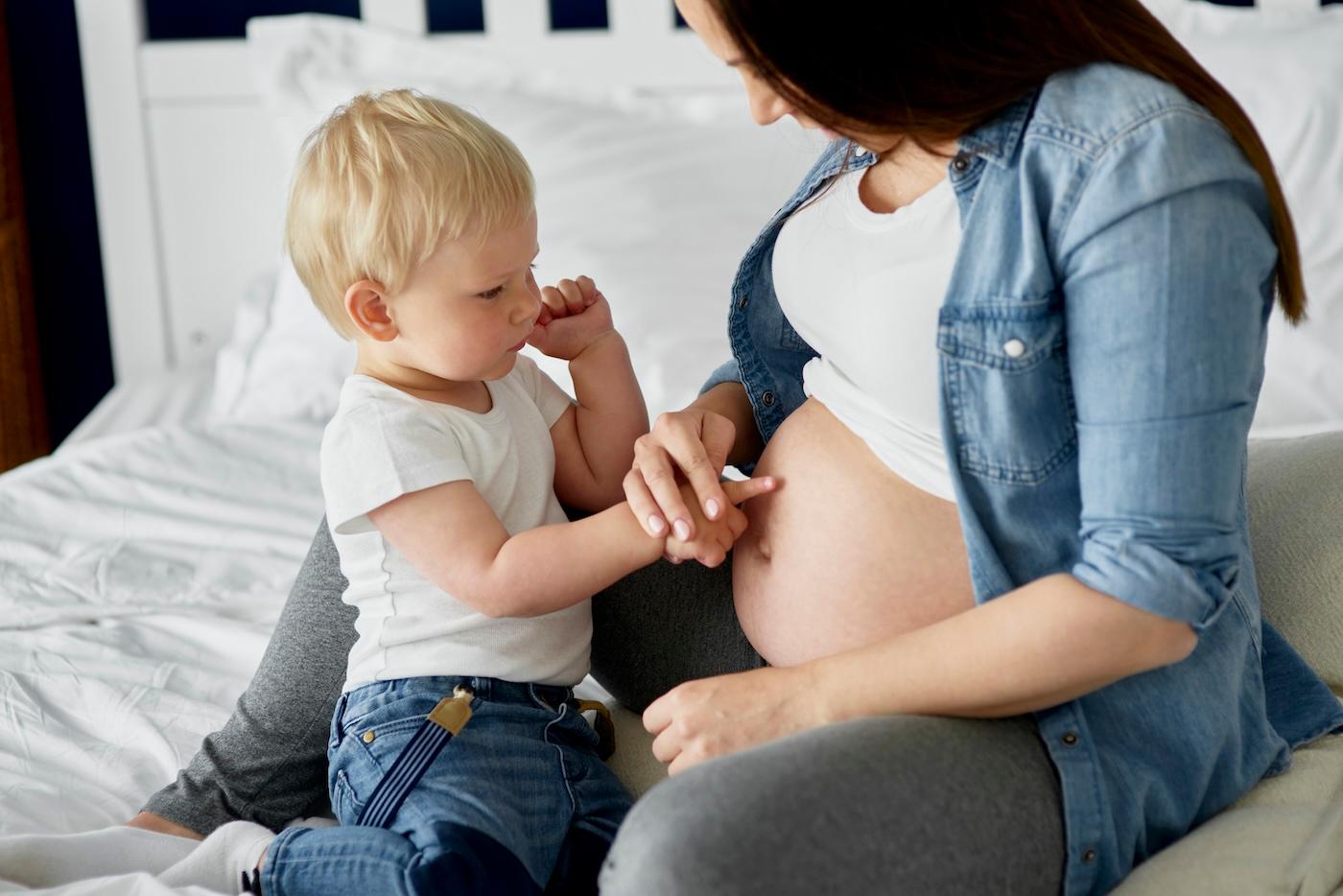TODDLER
Melatonin and Sleep Aides for Babies and Toddlers
Dr. Karp talks safety and recommended usage of sleep medication for children.

Written by
Dr. Harvey Karp

Are Melatonin or Sleep Aids Safe for Kids
In generations past, parents often gave small children “a little something” to put them to sleep—from a few drops of opium to a nip of brandy. These days, parents are more likely to ask for a prescription when seeking sleep aides for their children.
However, when it comes to giving medicine to young children, the best rule of thumb is less is better. This is especially true for sleep medications. These can be too strong or backfire and accidentally make kids hyper! In fact, none of the common adult sleep medicines are approved by the U.S. Food and Drug Administration (FDA) for use in children.
Melatonin for Babies, Toddlers, and Children
However, one supplement that has been shown to occasionally help children with serious sleep problems is melatonin. As you will remember, our brains make melatonin every evening as the lights dim, but this hormone is also available as an over-the-counter supplement.
Melatonin Dosage for Toddlers
A standard toddler dose is 1 mg, given an hour before bedtime. Higher doses (3-10 mg) have been shown to help kids with medically related sleep difficulties such as blindness, autism, or ADHD.
Side Effects of Using Melatonin for Kids
Like any medication, melatonin can have side effects. These may include daytime grogginess, headaches, and very vivid dreams.
At What Age Can Babies Have Melatonin?
At around 3 months of age, your baby starts making the hormone melatonin. It is recommended that the earliest you start using melatonin to help your baby sleep is at around the 3-4 month. However, make sure to consult your healthcare provider prior to using Melatonin.
Melatonin for Babies and Kids: Final Thoughts
Even though the medicine is readily available, always consult your paediatrician before using it. And only use a very reputable brand of melatonin. The FDA does not regulate these supplements, so their purity is not assured. Also, avoid melatonin that was harvested from the brains of animals.
Disclaimer: The information on our site is NOT medical advice for any specific person or condition. It is only meant as general information. If you have any medical questions and concerns about your child or yourself, please contact your health provider. Breastmilk is the best source of nutrition for babies. It is important that, in preparation for and during breastfeeding, mothers eat a healthy, balanced diet. Combined breast- and bottle-feeding in the first weeks of life may reduce the supply of a mother's breastmilk and reversing the decision not to breastfeed is difficult. If you do decide to use infant formula, you should follow instructions carefully.
SHARE THIS ARTICLE
PARENT PICKS
Bestsellers



















